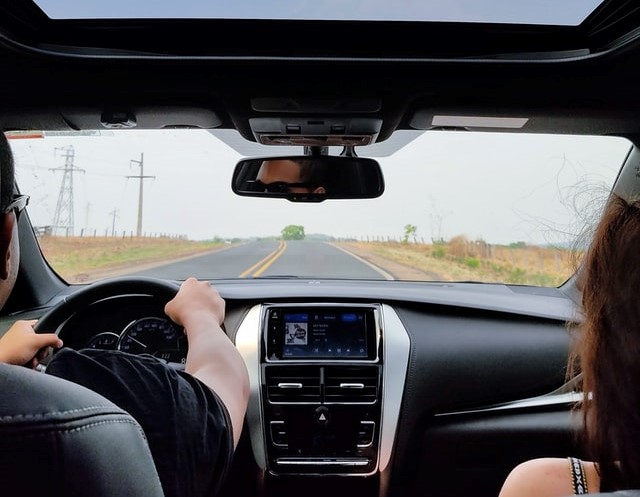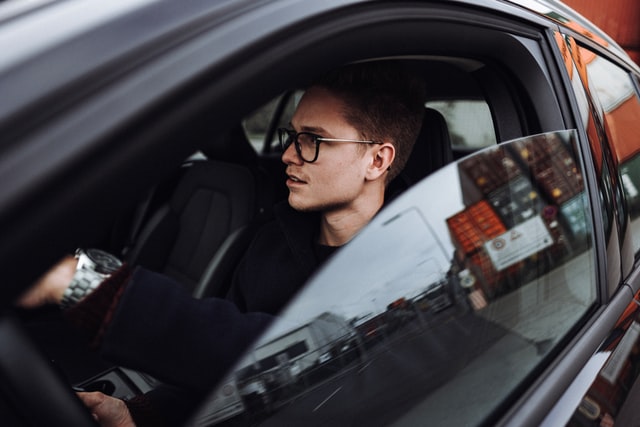Buying a used car is a crucial life decision, second only to buying a home. Whether you choose to buy from a car dealership or private seller is up to you, but you cannot go ahead with any purchase without some protective actions. Overlooking just one thing could set you back thousands of dollars in repair or replacement costs – especially if you end up buying a lemon. While most states have some laws in place to protect car buyers in Australia, they aren’t enough. Here are some protective actions to take before buying used cars.
7 steps to protect yourself before buying a used car
Do plenty of research
Today, you have every access to check out vehicles, specs, models, odometer readings, age and vehicle condition online. If you’re not looking at vehicles online before visiting a dealership or buying from a private seller, you could be missing out on some great deals out there. Your research must include everything from the make and model of the vehicle to the number of kilometres driven to age and much more. This research is the first step towards buying a quality vehicle at a good price.
Ask for a test drive
Never agree to purchase a vehicle without getting a test drive first because you simply don’t know how it will drive or if there is an unseen issue. Sometimes, it simply may not meet your expectations. While the seller may claim that everything is great, it pays to do your own groundwork. In order to get the best benefit from your test drive, do these:
- Try out the air conditioning, climate controls, indicators, radio, front and rear lights and interior lights to check that they are all working.
- Bring charging cables and plug it into existing USB points to make sure they work.
- Bring your car seat along to ensure there is enough room once it is placed on a back seat.
- Ask for a night test drive to check the headlights and indicators.
- While driving, check visibility across all windows and mirrors. It should be easy to monitor all the corners of the vehicle without any obstructions.
Get pre-approved to stay on budget
One of the smartest ways to make sure you stay within your budget is to get pre-approved for finance ahead of time – just as you would when you’re in the market for a house. If you don’t know your borrowing capacity, you may end up overextending yourself and paying for a vehicle that is well above your affordable price range. Pre-approval is highly recommended to protect yourself and your finances before you search for a used vehicle.
So, how do you get pre-approval for a car loan? You can go directly to a bank or finance lender or use mortgage brokers who can give you access to multiple lenders through one single application. The biggest benefit is it can speed up the process of buying a vehicle because you know your limitations ahead of time.
Get a car history report
One thing many buyers tend to overlook is the history of the car before making the purchase. But this is perhaps the most important check for you to do. A car history report gives you a lot of information about a vehicle you are interested in buying. This includes stolen status, recorded services, written-off checks, finance owing, odometer readings and much more. Armed with this knowledge, you can make a more informed choice about whether to go ahead with a purchase or look for another vehicle. Most reports cost in the range of about $36. But some car dealers may also offer this to you free of cost.
Get a qualified mechanic to check the engine
While this may be a small additional expense, it is well worth it when you consider the cost of repairing a damaged engine. A qualified mechanic can assess the car and engine condition to help you make a more informed buying decision.
Mechanics are trained to look for engine and car issues, which may not be visible to you. Neglecting this could set you back thousands of dollars in repair costs in the future. If major damage from storms, hail or crashes are discovered, it may be a good idea to walk away. Whatever you do, don’t go with the seller’s mechanic recommendation. You don’t want to risk fudged information because the mechanic and seller are good friends. An independent third-party mechanic is money well spent.
Shop around
Don’t just settle on one car or dealer. Look around for different vehicles in your budget range, so you can have a look at everything that’s out there before making a decision. No matter how good or attractive you find a deal, shop around to see if there are other options that are better matches for your needs. Shopping around may throw up some other interesting makes and models at prices more within your range, so don’t just hit the first nail on the head.
Make sure you can track the sale
If you decide to go ahead with buying a used car, make sure you can track your monetary transaction. You can do this when you pay by cheque or bank transfer. Tempting as it is to pay cash and score a massive discount, you may not be able to produce any proof of the sale in case of a dispute. In the case of a dealer, there are some legal protections in place depending on which Australian state you hail from. But you won’t have the same protections with a private sale, so make sure you have some evidence of the transaction as a way to protect yourself.
Buying a used car can be stressful but failing to properly prepare will cost you a fortune in the long run. Protect yourself with these steps before signing any sales contracts.


